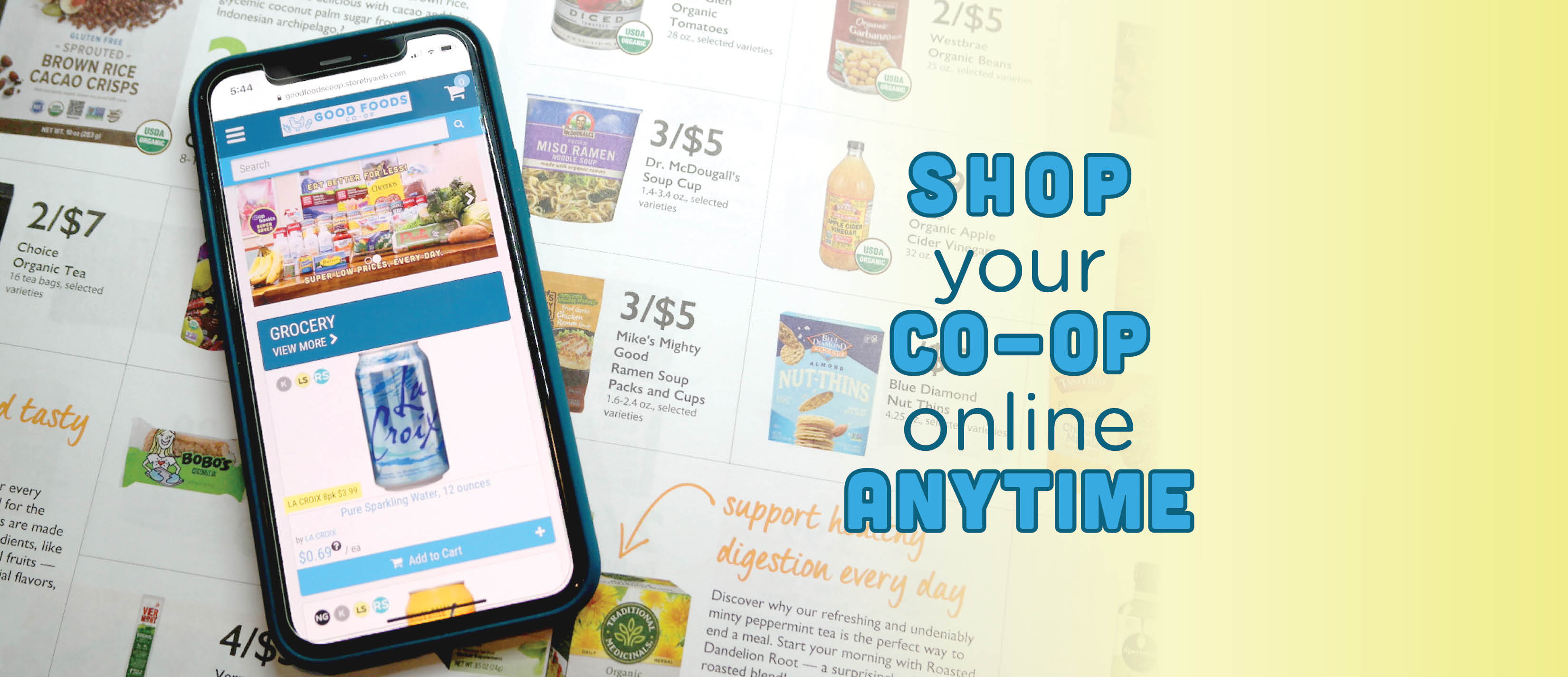Article provided by our friends over at Alive Publishing Group. Stop in the store today for your FREE copy of Alive Magazine!
In the early 1990s, Daniel Goleman’s book, Emotional Intelligence (Bantam, 2005), came onto the scene. While his was not the first research to explore the inner workings of our emotional lives, it was nevertheless considered a game-changer.
From his work, a shared language came together about the importance and wisdom of our feelings. Since then, more and more is being understood about the ways we experience, create, leverage, and regulate emotions, and how this “intelligence” helps us in all areas of our lives.
As a psychological theory, “emotional intelligence” explains our capacity and skill to tune into, discern, name, and regulate our own, and each other’s, emotions.
Understanding emotional intelligence
Our emotional intelligence speaks to our ability to utilize our emotions in a positive and constructive way, both in relation to ourselves and to others. As clinical psychologist Dr. Diana Brecher (she/her) points out, our emotional intelligence helps us to
- be flexible in changing situations
- calmly and thoughtfully respond to people or situations we find challenging
- keep an optimistic and positive outlook
- continuously learn how to improve ourselves
- help others to express their needs
Daryl Vineberg (he/him), a body-based psychotherapist who works with individuals, couples, and groups, also includes in EQ, “a person’s experience and understanding of connection with another person.”
IQ versus EQ
IQ has been one way, albeit fraught, to measure forms of intelligence like logic, reasoning, and intellectual ability. The EQ, or emotional quotient, however, according to Brecher, is intended to gauge our self-awareness and our interpersonal and coping skills.
Emotional learnability
Here’s the great news: EQ is not fixed—the skills comprising emotional intelligence can be learned. For emotional growth and change to occur, and for those changes to stick, we have to want to feel differently, practice new ways of responding, and ask for feedback.
Bolstering our emotional intelligence, explains Brecher, can help us become
- good communicators
- cooperative members of a team
- effective leaders
- caring, concerned members of our communities
- individuals who can set and achieve goals
- able to persist in the face of challenges
Here’s a simple tool for getting in touch with our emotions on a daily basis. Borrowing from the “RULER” approach to social and emotional learning scale for children developed by the Yale Center for Emotional Intelligence, we can use this helpful acronym to check in with how we’re feeling:
- R: recognize feelings in one’s own self and in others
- U: understand how those feelings came about
- L: label feelings
- E: express feelings
- R: regulate feelings
These RULER skills can help us in our individual emotional growth, in our interactions with others, and in our well-being more broadly.

